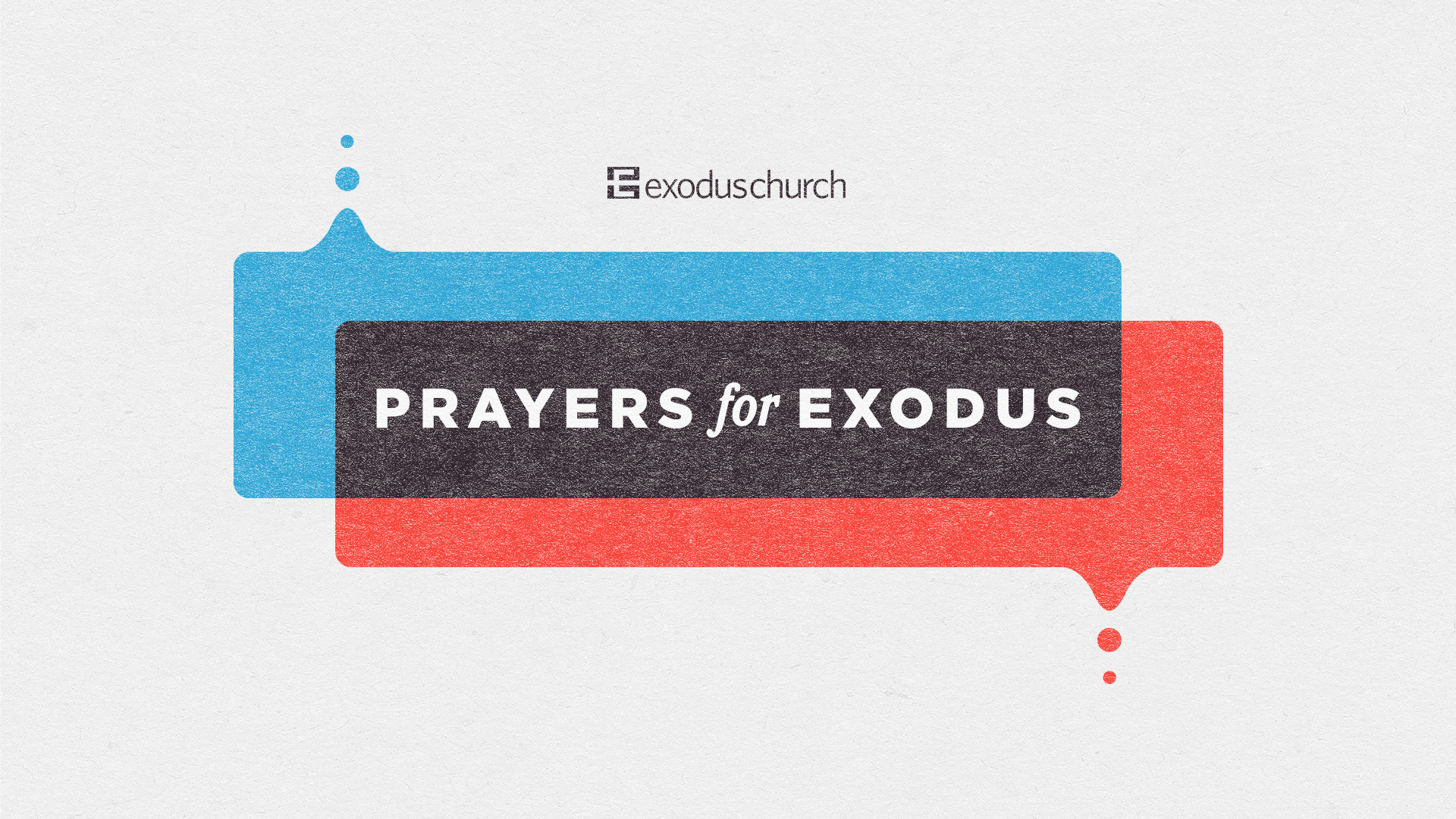This Sunday, we started a new series called Legacy. In Genesis 37, we see Joseph betrayed by his brothers. Sadly, this will not be the last time Joseph is betrayed by someone close to him. In light of this, some thought on betrayal might be worth our time.
Betrayal is part of living in a broken world. That may sound like a fairly harsh appraisal, but it rightly reflects the world in which we live. Some of us learn this on the playground when a friend tells everyone where you are hiding. Others learn it later when the stakes are much higher. Regardless of when we come to grips with this reality, we all eventually learn that betrayal is part of life in a broken world.
Betrayal is also part of leadership in any organization. I don’t know a leader in any field who hasn’t experienced some form of betrayal. Trusted colleagues and coworkers are on your team one minute and then suddenly switch jerseys for the rival. Betrayal is part of being a leader; being ready for it without growing jaded and protective is critically important.
Betrayal is part of leading in the Church. Jesus was betrayed by a man with whom he had spent three years of his life—betrayed with a kiss, no less. Paul was betrayed repeatedly. In fact, I wonder how Paul ever trusted anyone much less enough to call a man his true “child in the faith.” Pastors share intimate details of their lives with a “friend” only to have them passed on as “prayer requests.” Far too many church leaders have experienced betrayal at the hands of those for whom they have sacrificed, agonized and served.
The unfortunate reality of history
You and I share this unfortunate reality of history. In Paul and Jesus we see men who were betrayed. It makes us wonder about this thing called “spiritual leadership.” Wouldn’t it be better to just not get involved—to protect ourselves from what’s inevitably coming? But following Jesus calls us toward the potential of betrayal, not away from it. If our Lord and Master was betrayed, we, too, should expect to be.
But, as we consider the inevitability of being hurt and betrayed, we should not just follow Jesus in our expectation of betrayal, but also in enduring it.
Some observations…
Being betrayed didn’t stop Jesus from being Jesus.
In my heart, when I feel betrayed, I want to create a world where that can’t happen to me again. I want to wall off my heart from the possibility of betrayal. This is not only impossible; it doesn’t reflect the character of the One whom we follow.
The night before Jesus died on the Cross for sinners, He was betrayed. All of His disciples were gathered—trophies of grace. Men who had spent three years of their lives with Him. Eleven men who would follow Him; one who would fulfill prophecy by betraying Him. And Jesus takes a basin and a towel and washes the feet of every man gathered—including the feet of one who would deny Him three times, the feet that would carry a man into a garden to betray Him with a kiss, and the feet of every one else save one who would not be gathered around the cross at His death.
Jesus knew all of this. He could have rightly said, “You will betray me. You will deny me and you will desert me. I’m not going to wash your feet.” But He didn’t. Betrayal didn’t stop Jesus from being Jesus to the end.
It’s not about me.
When I am betrayed, it’s hard for me to remember this. I want justice for my name and my reputation. Remembering that someone’s sin toward me is not about me is difficult. And yet, Paul’s response to betrayal demonstrates that the ultimate issue is not about me.
In 1 Timothy 1:18–20, Paul lists some men who have betrayed him to the point of shipwrecking their faith. Paul has invested in these men and is broken over their sin—to the point of handing them over to Satan that they may learn not to blaspheme. But his concern is not ultimately that they have betrayed him. Instead, it is that they are wandering from God. The issue to be addressed is not what they did to Paul, but how they relate to God.
When I am betrayed, I think about my reputation, my rights and the respect being withheld from me. Instead, I need to remember that betrayal is a sign of something deeper in the betrayer’s heart that is far more important than anything done against me. And at that point, it’s not about me. It’s about their reconciliation with Jesus. And I need to be concerned with that.
In our betrayal, we must remain hopeful.
In 1 Timothy, Paul has been betrayed by these men to the point of handing them over to Satan. He’s done with them, but he’s hopeful. He hands them over, not so that they get what’s coming to them, but “so that they might learn.” When betrayed, we must remain hopeful that God can rescue even the hardest heart. His grace is greater than any sinful heart—even one who hates all things about Jesus and His gospel and goes about trying to kill Christians. Jesus can transform that man for His glory. In fact, those men make great missionaries. When I’m betrayed, I must remain hopeful that God is at work for His glorious purposes.
Safety is an illusion.
Betrayal is part of life and leadership. If you invest in anyone at all, you risk the potential of betrayal. Any thought of safely investing in people represents a naiveté that isn’t in sync with the world in which we live. And yet, Jesus calls us to love, serve and invest.
Now, I’m certainly not suggesting that we blindly trust people who have betrayed us. If we know a person is not trustworthy, we should not trust them. However, to take an experience with someone who has betrayed us and decide that we will insulate ourselves from ever being betrayed again is simply not an option. We can’t escape or insulate ourselves from betrayal without betraying ourselves.
CS Lewis said…
There is no safe investment. To love at all is to be vulnerable. Love anything, and your heart will certainly be wrung and possibly be broken. If you want to make sure of keeping it intact, you must give your heart to no one, not even to an animal. Wrap it carefully round with hobbies and little luxuries; avoid all entanglements; lock it up safe in the casket or coffin of your selfishness. But in that casket—safe, dark, motionless, airless—it will change. It will not be broken; it will become unbreakable, impenetrable, irredeemable. The alternative to tragedy, or at least to the risk of tragedy, is damnation. The only place outside Heaven where you can be perfectly safe from all the dangers and perturbations of love is Hell.
If we live for the safety of not being betrayed, we find that in that safety, we can neither love nor be loved. We become a safe, sad excuse for a follower of Jesus. The pain of that option is far greater than the pain of betrayal.
There is a better way. Rather than walling our hearts into a “safe, dark, motionless” place, let’s follow Jesus—our example of service and endurance—into the jaws of risky love. Let’s risk for the kingdom like Paul did by investing in young men. Let’s follow Jesus as we pick up our basin and towel to serve those in our path. And like Jesus, let’s entrust ourselves to the one who judges justly (1 Peter 2:23) while we invest ourselves for the glory of God.



